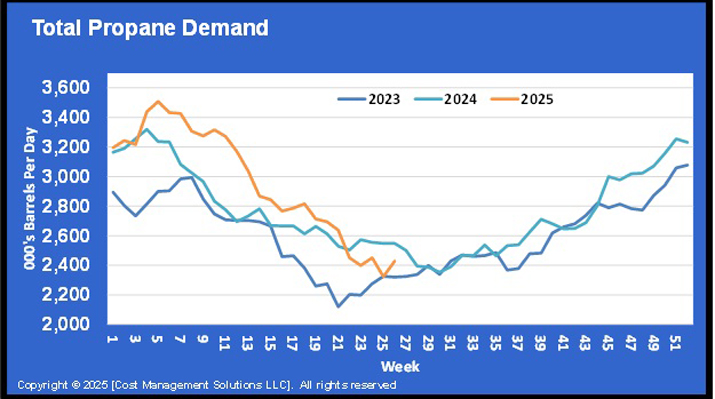Implement positive change in business practices
Business change: essential for all, liked by few and done well by very few.
Of all the challenges that come with running a propane business, one of the most important is keeping up with the times by effectively improving business practices.
How should a propane marketer envision and implement positive change? Based on my experience of leading propane business change since the early 1990s, there are no easy answers. However, there are lessons that cut across all propane businesses regardless of their size, market or culture.
The business leader and organization must start with the right mindset about change. Rather than seeing change as a necessary evil, it should be viewed as seizing an opportunity to improve performance. For a business leader with a long-term commitment to the industry, the work of change creates the future.
Common barriers to overcome
Management and staff are too busy solving today’s problems. The mental and emotional energy of the company are totally consumed, with no time left for the work of change. The propane business leader and staff should heed Peter Drucker’s advice: “Results are obtained by exploiting opportunities, not by solving problems.”
Leadership falls out of touch with front-line employees. There are two types of propane companies: One makes decisions in line with what makes sense to the front-line employee, and the other does not.
Change opportunities are not prioritized and managed. Every propane company has an extensive list of things to improve or opportunities to explore. Determine which ideas make sense for your business. Create a “first things first” priority list, commit the resources available and assign responsibility for completing projects.
Company blinders. Common responses that kill the change spirit are:
- “We’ve tried that before.”
- “It’s not in the budget.”
- “Your idea violates our standard operating procedure.”
- “We will not change what built our company.”
Blinders can prevent companies from seeing the rusty bulk storage tank on a busy street or a tank yard that looks like a junk yard.
A work environment that suppresses the change agent. All companies have change agents; they are in every position. They legitimately question the company’s practice because they are motivated to do things better. But change agents are shut down with responses like, “Your idea doesn’t make sense” or “Quit complaining.”
The path to positive change
Assess your ability to change. What positive change has my company made in the past year? Does my staff feel free to offer new ideas, or will my front-line employees share their experiences with the customer?
Create a shared vision for your company’s future. A shared vision creates unity of purpose among all employees and meaning behind the difficult work needed to grow. Only the leader can create the shared vision essential for effective change.
Listen to the collective voices of front-line employees. The company’s drivers, technicians and customer service representatives provide the best pulse of the company’s performance and opportunities. Beware of confusing this voice with the isolated complainer.
Accept that change is normal work. There is no such thing as “spare time” to which the work of change often gets allocated.
Start small, be patient and celebrate your successes. Change requires more time and is more difficult than expected.
The propane industry, compared to other industries, has been slow to change. As a result, our image and growth opportunities have been hurt. The good news for forward-thinking, risk-taking propane enthusiasts is their businesses will create competitive advantage. With that comes a fulfilled desire to be considered among the best in the industry.
Randy Doyle is a 30-year propane industry veteran who serves on the PERC council and the NPGA board of directors.
















